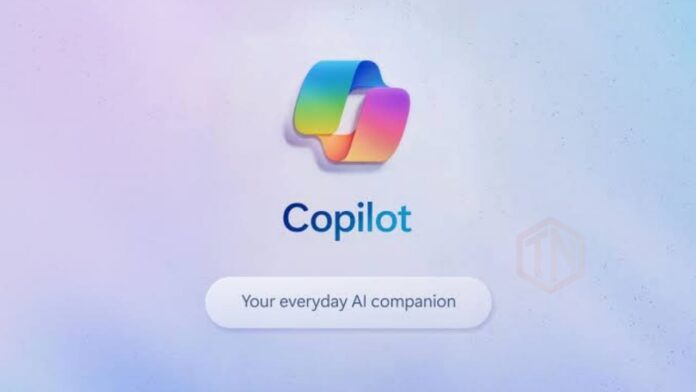Microsoft has launched its Copilot app on the Apple App Store, offering GPT-4 access for free. Copilot, previously known as Bing Chat, offers functionality similar to OpenAI’s ChatGPT mobile app, but with additional features like email drafting and text summarization. The app’s multi-platform accessibility ensures seamless integration into daily workflows, enhancing productivity and accessibility. Microsoft’s commitment to innovation in AI makes Copilot a formidable contender in the evolving landscape of AI chatbots.
A prominent benefit of Microsoft’s Copilot over the free version of ChatGPT lies in its use of GPT-4, OpenAI’s latest large language model (LLM). This upgrade allows users to use state of the art AI capabilities without the requirement for a subscription charge. Microsoft’s strategic move positions Copilot as an impressive competitor in the developing landscape of AI chatbots, taking special care of users seeking progressed language processing capabilities.
With the transition from Bing Chat to Copilot, Microsoft is signalling a shift towards giving a standalone experience similar to ChatGPT. This transformation is not restricted to portable platforms, as Microsoft has also presented a devoted web experience for Copilot, distinct from Bing. The rebranding underscores Microsoft’s commitment to refining and extending its AI offerings.
Microsoft’s comprehensive approach ensures Copilot’s availability across various platforms. The new launches on both Android and iOS, combined with the devoted web interface, mirror a commitment to conveying a seamless user experience regardless of gadget preferences. This multi-platform strategy aligns with the advancing demands of users seeking accessible AI solutions across diverse ecosystems.
Copilot’s usefulness extends past conventional chatbot capabilities. Users can pose questions, compose emails, and condense text, showcasing its versatility. The joining with DALL-E3 enables the making of images straightforwardly from text inputs, opening up new avenues for creative expression inside the app.
The availability of Copilot on the Apple App Store expands Microsoft’s scope to a significant user base on iOS devices. This strategic move ensures that iPhone and iPad users can seamlessly coordinate Copilot into their daily workflows, upgrading productivity and accessibility.
As Microsoft propels Copilot into the spotlight, the inclusion of GPT-4 and the app’s diverse capabilities position it as a leader in the competitive landscape of AI chatbots. The organisation’s commitment to ongoing innovation is clear in its continuous efforts to refine, rebrand, and extend its AI offerings, making Copilot an imperative player in the developing field of natural language processing.
In conclusion, Microsoft’s Copilot app on iOS represents a significant jump forward in AI chatbot innovation, consolidating progressed features, cross-platform accessibility, and the force of GPT-4 to convey a comprehensive and user-accommodating experience.

